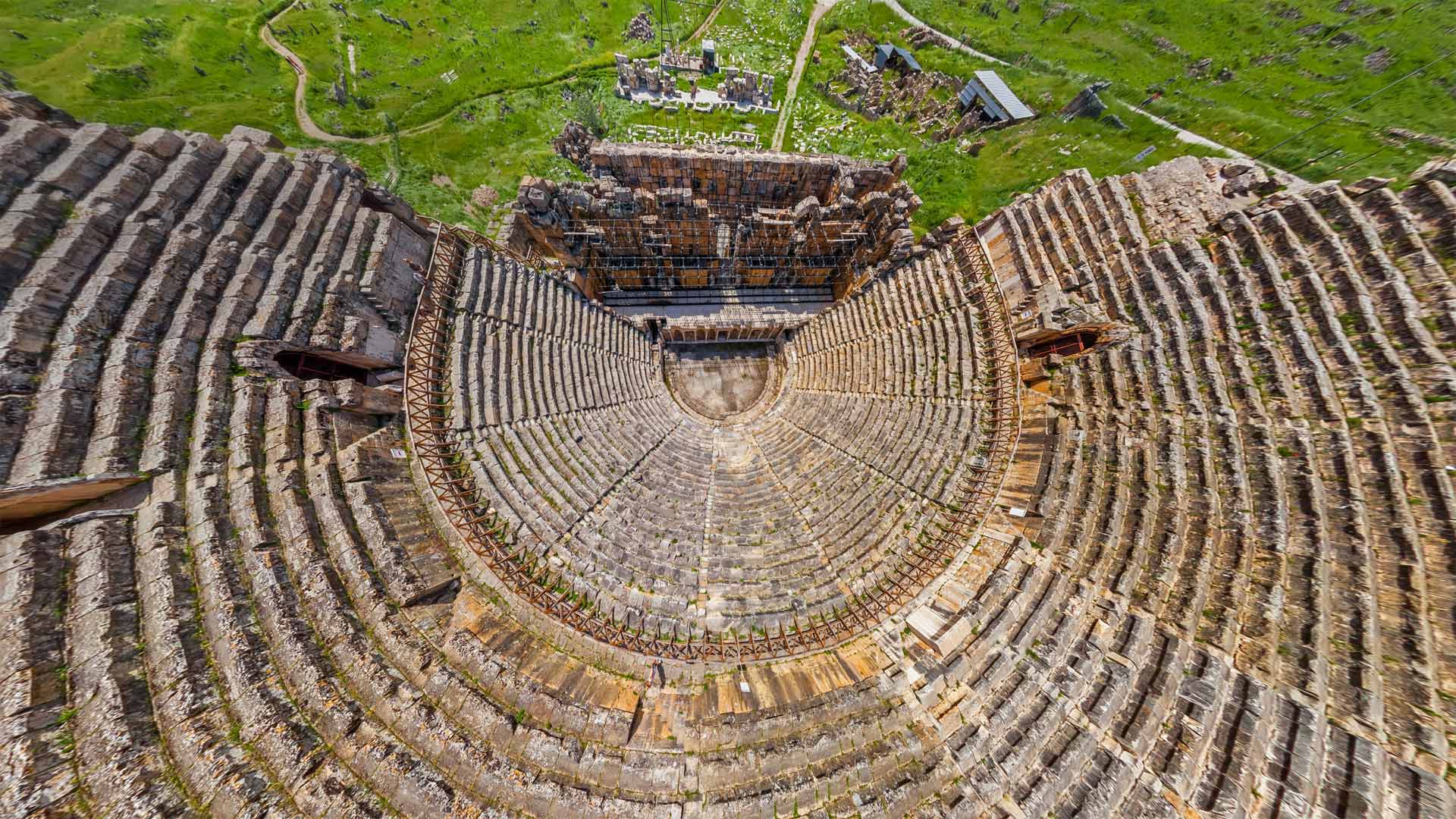The Maldives, known for its stunning beaches, crystal-clear waters, and vibrant marine life, has been facing a growing waste management crisis. The archipelago nation, comprising 26 atolls and over 1,000 islands, generates a significant amount of waste, much of which ends up in the oceans, causing environmental degradation and posing a threat to the country’s tourism-dependent economy. To combat this issue, the Maldivian government has announced plans to implement waste incineration as a key part of its waste management strategy.
Maldives Waste Management Challenge
The Maldives, with a population of approximately 530,000, is a popular tourist destination, known for its luxury resorts and pristine natural beauty. However, the rapid influx of tourists and the consequent increase in waste generation has put a strain on the country’s waste management infrastructure. According to the World Bank, the country generates 324,000 tons of waste annually, much of which is not properly managed, leading to significant environmental pollution and public health hazards.
The Maldives’ waste management challenge is further exacerbated by its geographical and logistical constraints. The scattered nature of the islands makes it difficult and expensive to transport waste to centralized landfills. Limited space and soil erosion also make the construction of traditional landfill sites challenging.
Furthermore, the country’s reliance on tourism means that the environmental impact of inadequate waste management practices can have far-reaching consequences. Marine litter and pollution not only degrade the natural beauty of the islands but also pose a threat to the diverse marine ecosystem, which is a major draw for tourists.
Waste Incineration as a Solution
Given the limitations of traditional waste management methods, the Maldivian government has been exploring alternative solutions to address the waste management crisis. One of the key strategies being pursued is the implementation of waste incineration.
Waste incineration involves the combustion of waste materials at high temperatures, converting them into ash, flue gas, and heat. This process reduces the volume of waste by up to 90% and produces energy in the form of heat and electricity. The heat can be used for district heating or industrial processes, while the electricity generated can be fed into the grid.
Incorporating waste incineration into the waste management infrastructure of the Maldives has several potential benefits. Firstly, it offers a viable method for reducing the volume of waste, particularly non-recyclable and non-biodegradable materials. This can help alleviate the strain on existing landfill capacity and reduce the need for new landfills.
Secondly, waste incineration can contribute to the generation of renewable energy, which is crucial for an island nation like the Maldives that relies heavily on imported fossil fuels for its energy needs. By converting waste into energy, the Maldives can reduce its dependence on imported fuels, thereby enhancing energy security and resilience.
Finally, waste incineration offers a more environmentally friendly solution compared to landfilling, especially for countries with limited space and soil erosion issues. The reduction in waste volume and the controlled combustion process can minimize the environmental impact of waste disposal, particularly in a small and fragile ecosystem like the Maldives.
FAQs about Waste Incineration in the Maldives
What types of waste will be suitable for incineration in the Maldives?
The waste suitable for incineration typically includes non-recyclable and non-biodegradable materials, such as plastics, rubber, textiles, and certain types of organic waste. These materials are difficult to recycle or compost and can be effectively processed through incineration.
What are the environmental implications of waste incineration in the Maldives?
When properly operated and regulated, modern waste-to-energy facilities, including incinerators, can significantly mitigate the environmental impacts of waste disposal. The reduction in waste volume, coupled with the generation of renewable energy, can contribute to resource efficiency and reduce the environmental burden of waste management.
Will there be emissions from waste incineration in the Maldives?
Modern waste incineration technology is equipped with advanced emission control systems to minimize the release of pollutants. The use of state-of-the-art filters, scrubbers, and monitoring systems ensures that emissions from incinerators are within strict regulatory limits, thus minimizing their environmental impact.
Will waste incineration replace recycling and other waste management practices in the Maldives?
Waste incineration is not intended to replace recycling or other sustainable waste management practices. Rather, it is meant to complement existing methods by providing a solution for non-recyclable and non-biodegradable waste. Recycling and other waste reduction strategies will continue to play a key role in the Maldives’ waste management efforts.
In conclusion, waste incineration represents a promising solution for the waste management challenges faced by the Maldives. By implementing modern waste-to-energy facilities, the country can reduce the volume of waste, generate renewable energy, and minimize the environmental impact of waste disposal. However, it is essential that waste incineration is implemented alongside other sustainable waste management practices to create a comprehensive and effective waste management system for the Maldives.
How Maldives plans to tackle waste management with incineration




